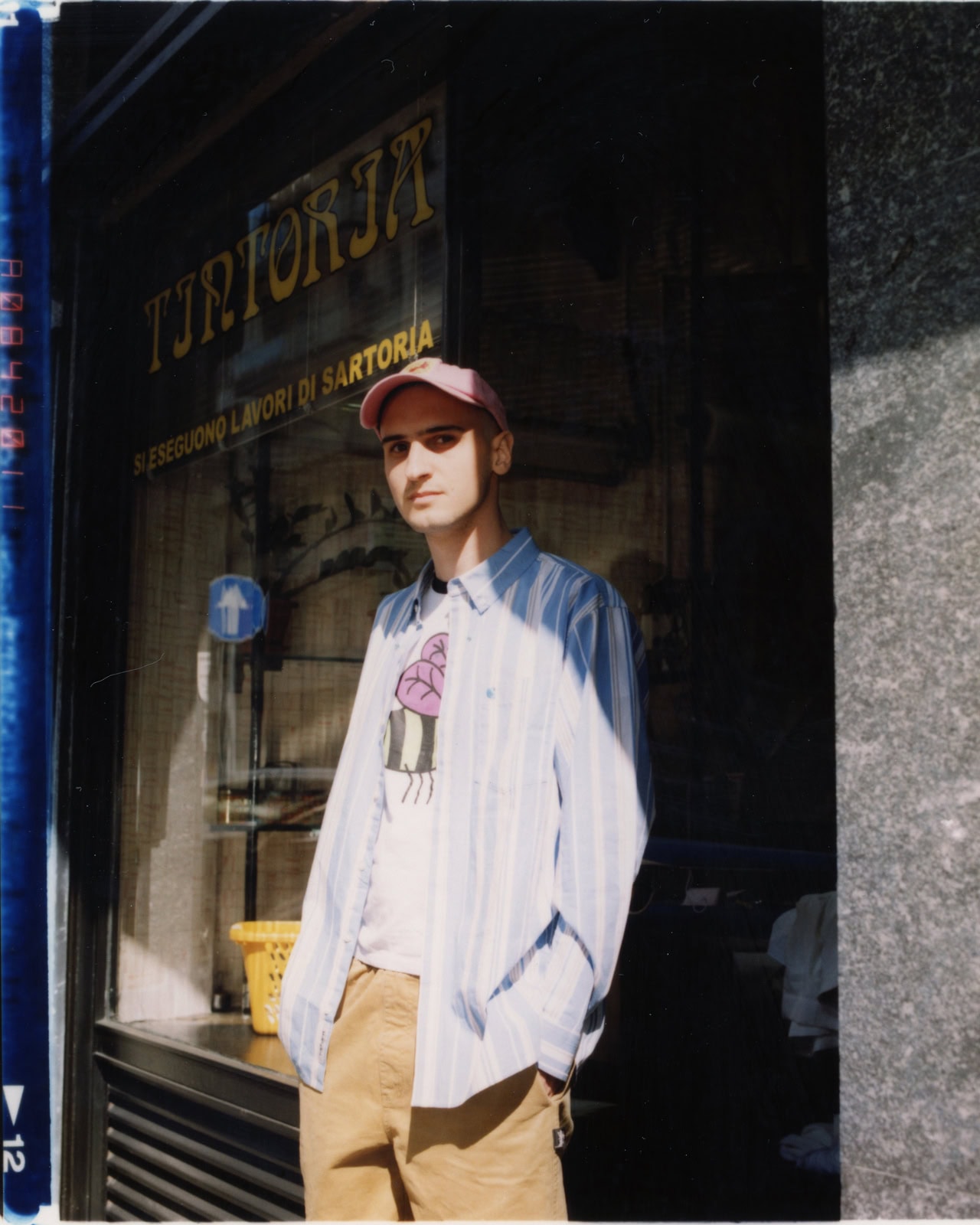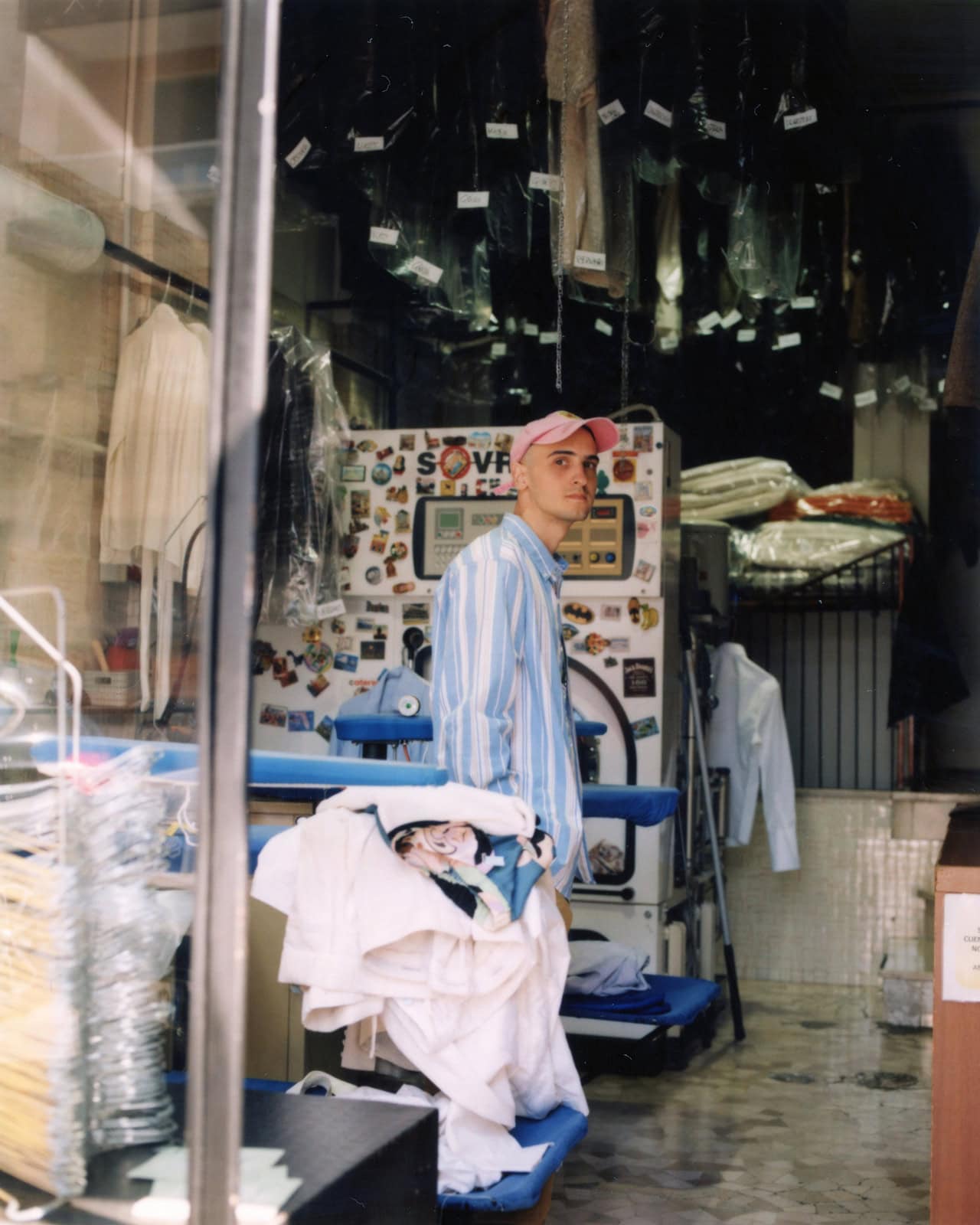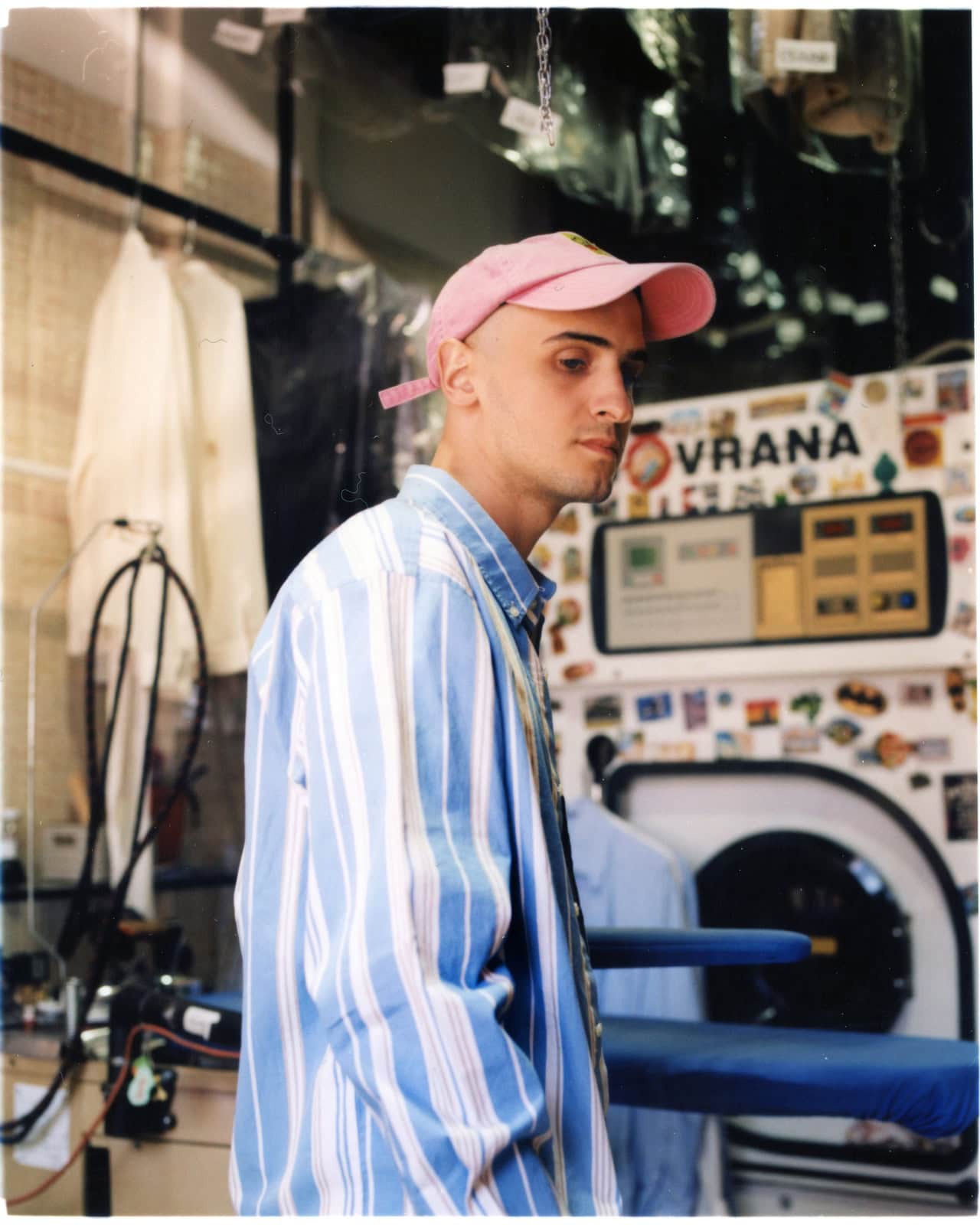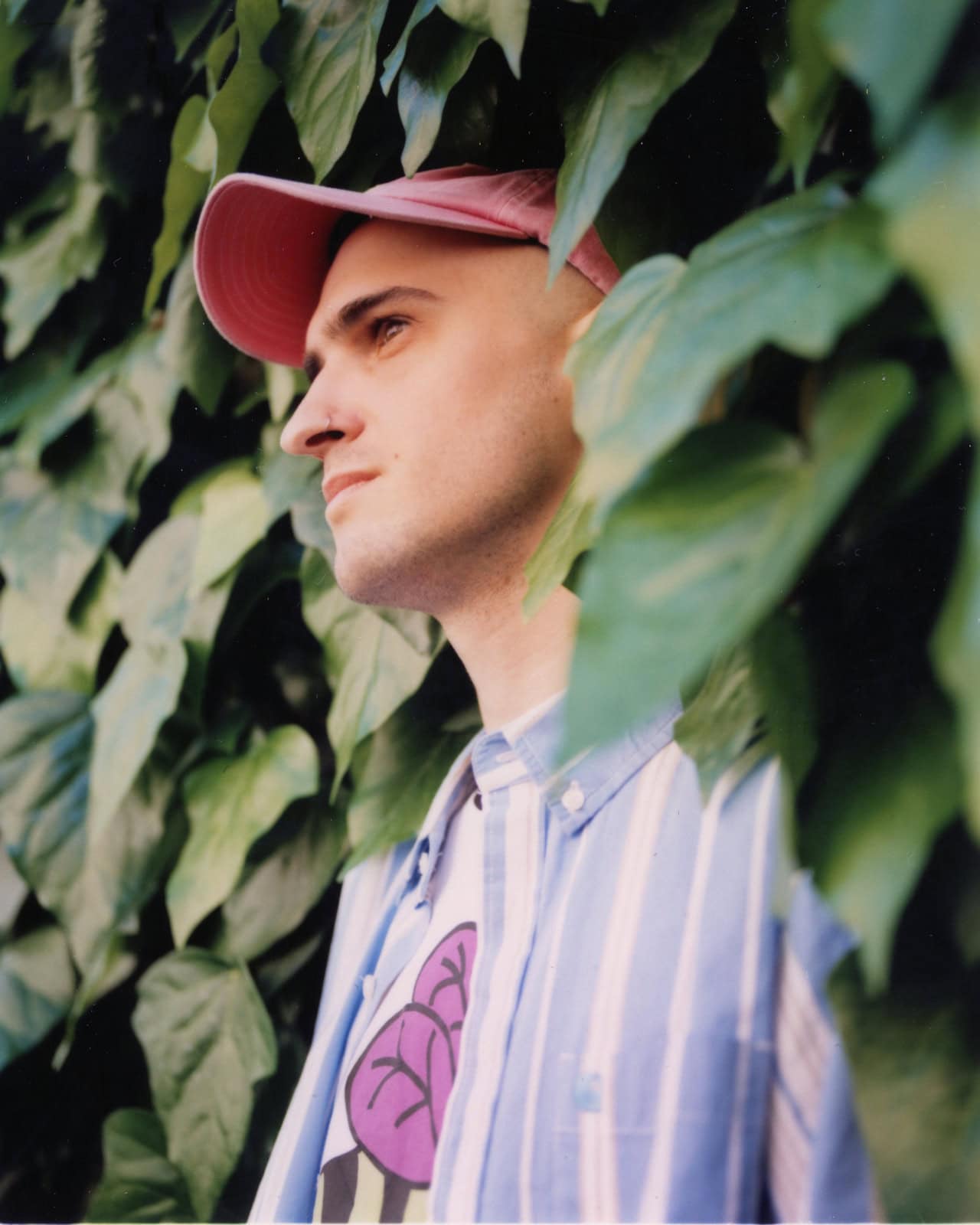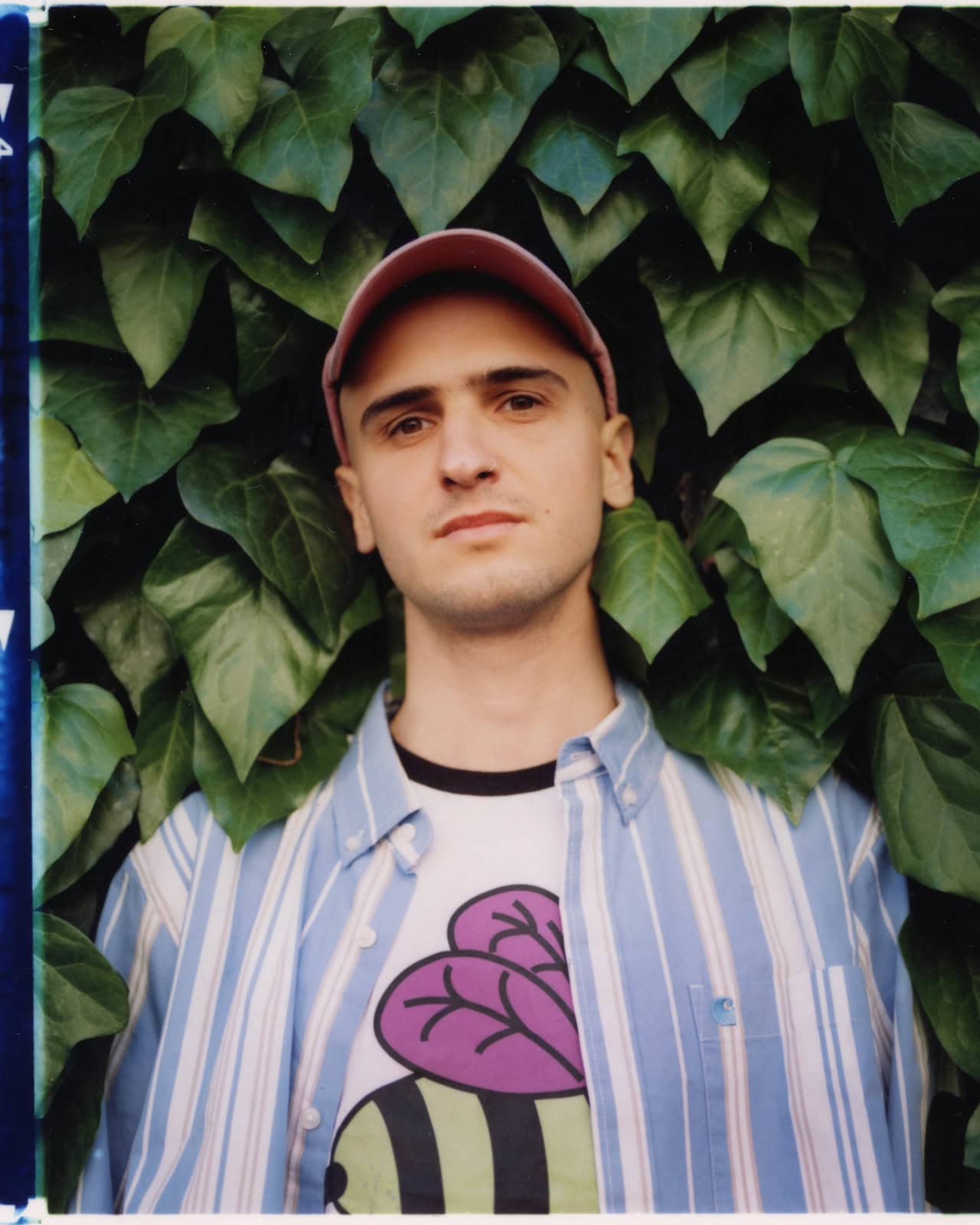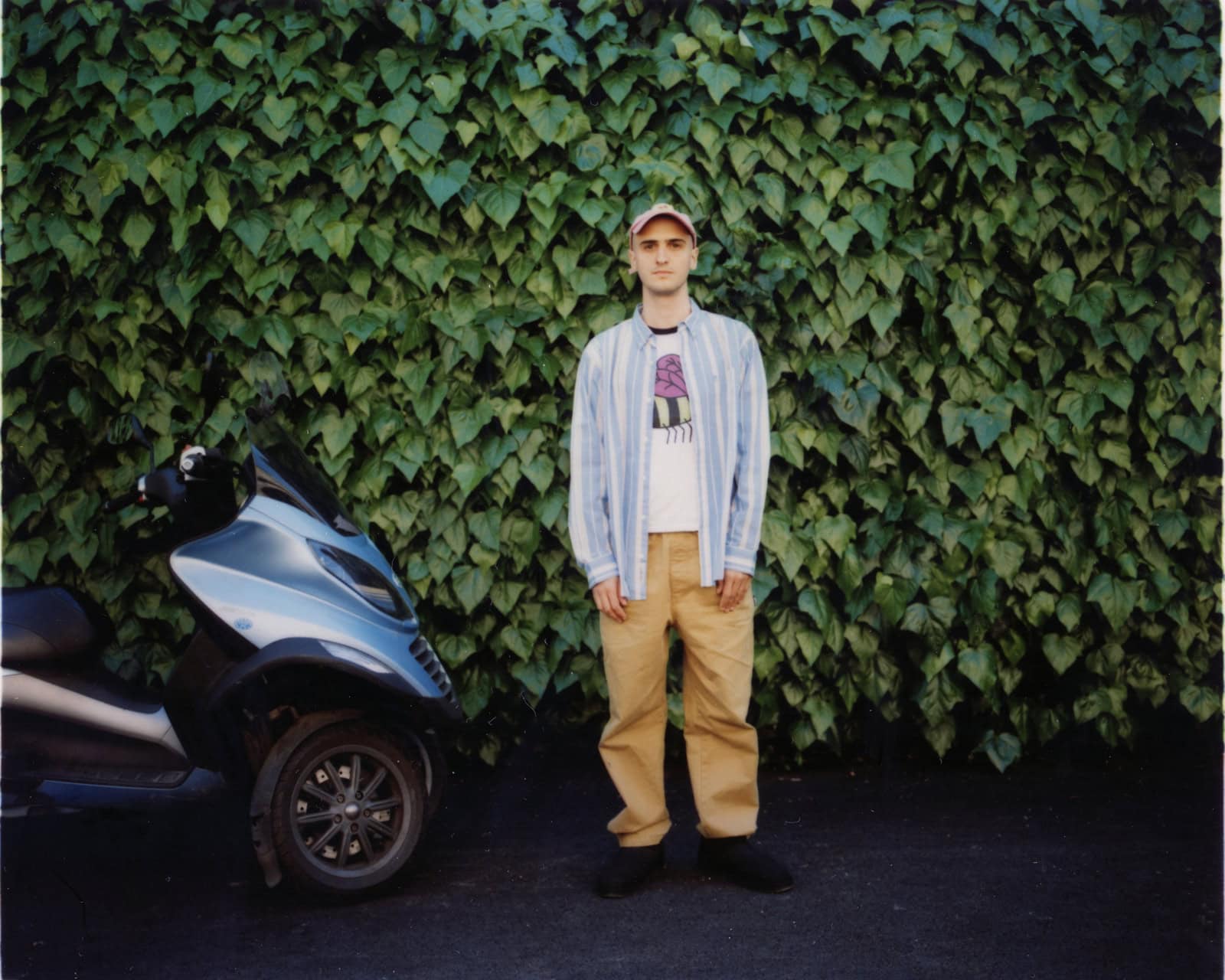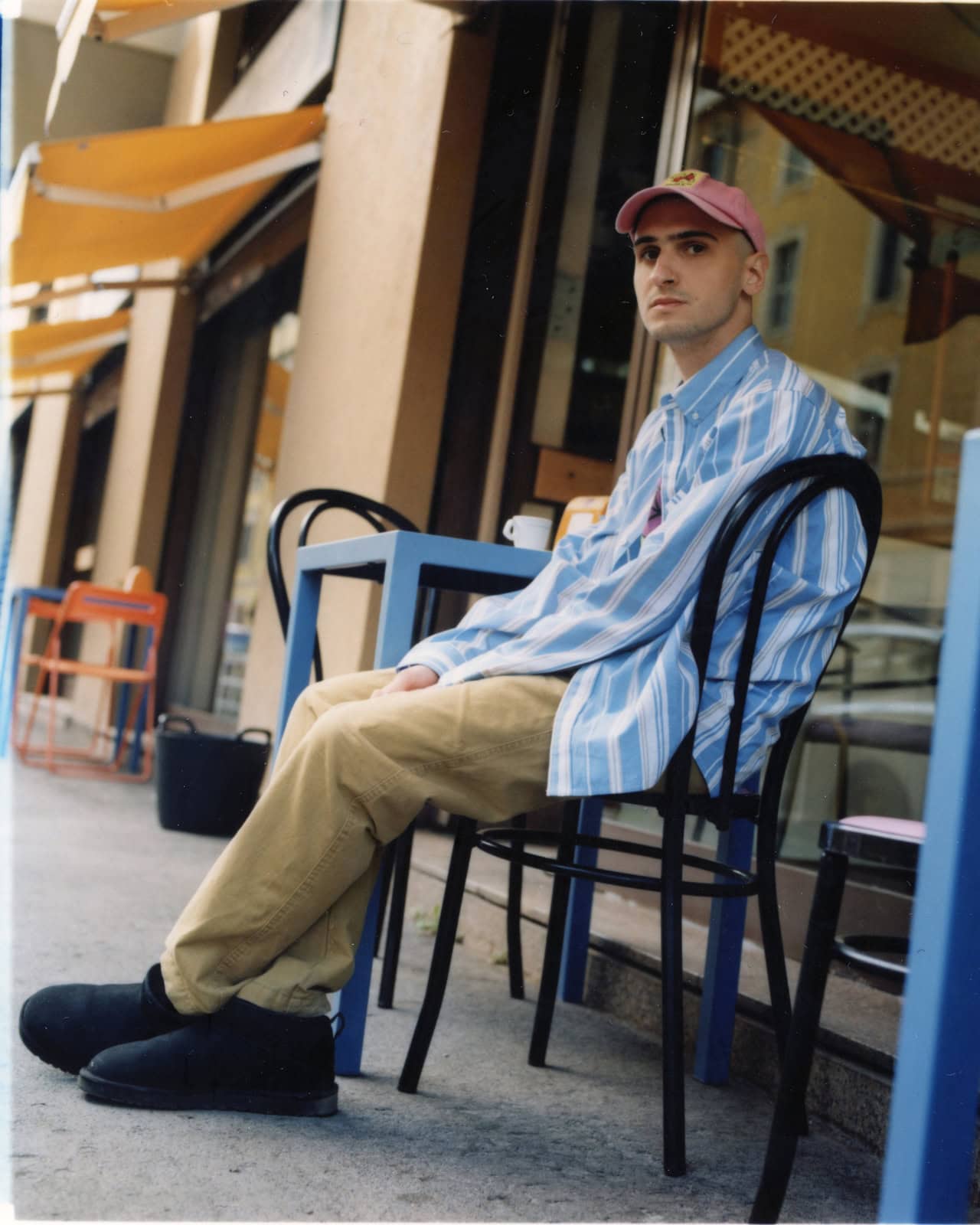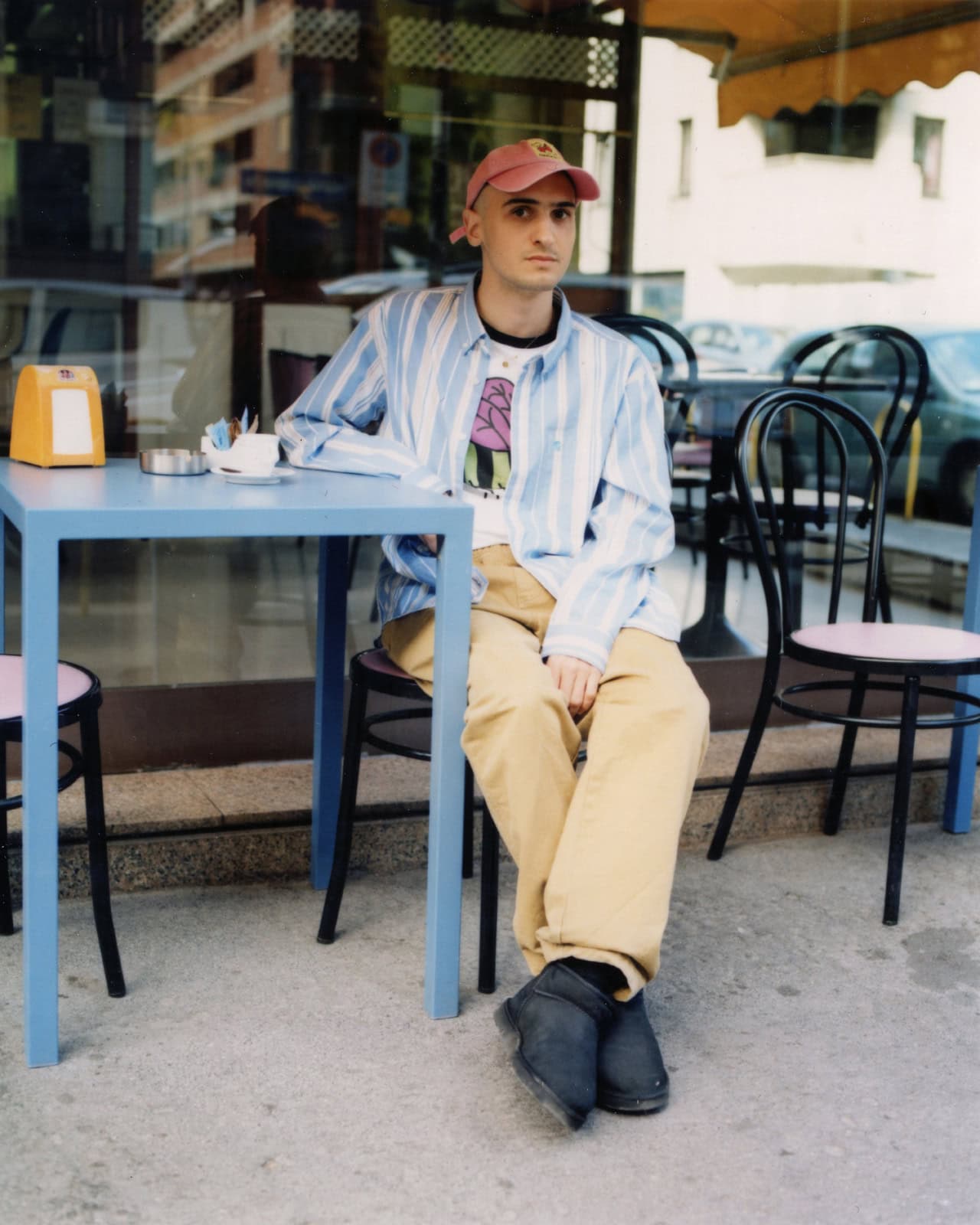I meet Luca (aka Generic Animal) on an April afternoon, one of those where it’s impossible to figure out how to dress. It still feels like winter in the shade, while the sun starts to remind us of summer. Spring lasts less than a moment, or maybe it no longer exists. But its disappearance doesn’t matter much to anyone except Luca, who started eating ice cream in February and doesn’t think it’s completely normal.
We are surrounded by symptoms of the end, yet we continue to ignore them, caught in a sort of inertia that we don’t know where it’s leading us. The imminence of our problems prevents us from seeing beyond, perhaps compounded by smog and population density. The end of the month frightens us more than the end of the world, as the latter is too far even to imagine.
I’ve never had a good relationship with endings. It always seems like nothing is possible afterwards. Instead of triggering change, endings paralyze me. Yet many things begin right where it seems everything is about to end. Could it be the same for our big red world?
RSS: The entire EP (Mondo Rosso, “Red World”) is permeated with an apparent parallelism between a collective apocalypse and a more personal crisis. How are these two spheres connected? Can the end of the world help us put our daily problems into perspective?
GA: The emotional love life I have experienced in recent years has been closely linked to the evolution of my music career—if one can call it that. And surviving in a city like Milan only entangles the two even more. Great crises can provide an opportunity to downsize something. A real end, who knows?
RSS: Your songs are accompanied by a giant red figure trampling the world while looking around perplexingly. It’s a true contemporary dystopia that comes to life thanks to artificial intelligence. Where do these drawings come from? What sets Generic Animal’s Red World apart from ours?
GA: I don’t remember where it started, but I know that for the first time, I began drawing things that paralleled the lyrics and took on an almost didactic meaning. The giant figure was just a more bloated and grumpy version of myself. Everyone has a red world, a vision of what is happening in the world related to their emotional life.
RSS: You have come a long way, yet you continue to say that you have never written an actual song. It’s hard to agree with you, but easier to understand the sensation behind it. It’s the imposter syndrome that never makes us feel truly accomplished. Is it possible to free yourself from it sooner or later, or is dissatisfaction an integral part of what fuels your artistic production?
GA: I think I’m mature enough to say that I want to free myself from this feeling and that it’s definitely possible. We need to do more. Of course, the burden and delight of indulging in our pain and flaws keep us going, constantly inventing and writing new things, even if they often seem repetitive. There’s a tangle of things that anchor me to what I do while allowing me to be and do only what I want to be. But lately, complaining is not what I need from my music.
RSS: The sense of uncertainty that characterizes your songs cuts across an entire generation. It’s hard to think about the end of the world when the end of the month looms over us. If we will never have the life our parents had, when can we truly consider ourselves adults? And where do you feel you stand?
GA: I would like to be old and mature enough to tell you. Perhaps we are already too adult? I’m talking about people my age. The world is becoming increasingly vertical. But then I realize that when I say “world,” I sometimes only think about my concerns, about the 200 people in my bubble. That’s when I understand that I need to grow. That being said, I feel very flexible; I have been in recent years. I’m just struggling with the tension and fear of not getting softened and flattened like an elastic band used too many times.
RSS: Besides rent and bills to pay, what do you think is the actual price of life? What is the minimum investment required to get where we want to be?
GA: It’s difficult to answer without sounding presumptuous or highly privileged. I’m not; the “price” I have paid was determined by the people around me when I had a reason to have people around to listen to me. I do what I do the way I do it because I have made many compromises, but I have never stopped believing in its initial value for me. I think that life is not just a simple marketplace, but each of us should have a small and rare agriturismo where we can cultivate and sell what we have to offer at a good value.
RSS: Often, we feel powerless in the face of a world falling apart. The time of great revolutions and walls to tear down is over. But it’s not true that “this is just another useless song.” What role can music play in shaping our time? In which direction is your music going?
GA: Music can remind you that something good still exists. It can help you digest things you wouldn’t even prefer to taste. I think the people who listen to my music understand this; they are all educated and curious individuals. By now, I see the same faces at concerts over and over again. I just want to use my experience and ideas to create a welcoming space for those who have understood the language I am speaking from the beginning.
RSS: What do we do in the face of an imminent end? And what comes after?
GA: I would try to understand if it’s really the end or if I’m being too dramatic. After that, a nice shower, and everything goes down the drain.


